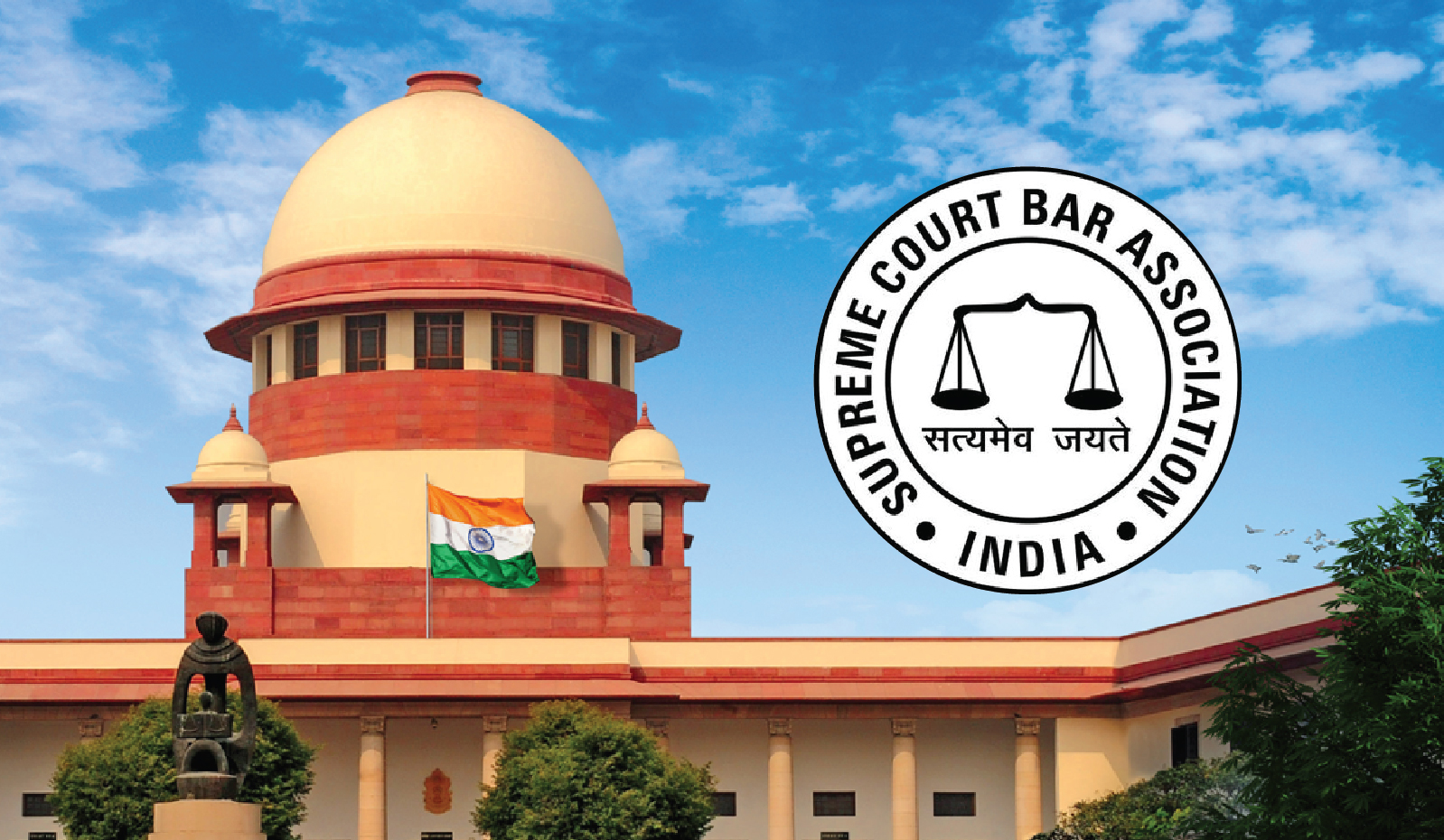Through such observations and judgements, Indian judiciary has time and again played an important role in women empowerment.
Role of Judiciary in empowerment of Women
- Preventing Sexual Harassment: In Vishaka Sawhney v. State of Rajasthan (1998), SC laid down exhaustive guidelines to prevent sexual harassment of women in workplace.
- Upholding Women Rights: In Shayara Bano v. Union Of India (2017), SC held Triple Talaq as unconstitutional infringing on the fundamental rights of women.
- Gender Equality: In Danamma @ Suman Surpur v. Amar (2018), SC upheld the equal right of a daughter as son in ancestral property.
- Reforming Criminal Laws: In Joseph Shine v. Union of India (2018) SC struck down Section 497 IPC that criminalises adultery assuming woman as the property of the husband.
- Wage Equality: In Randhir Singh v. Union of India (1982), SC recognized "equal pay for equal work" as a constitutional goal under Article 39(d).
Other Constitutional and Legislative Measures on Women Empowerment
|







